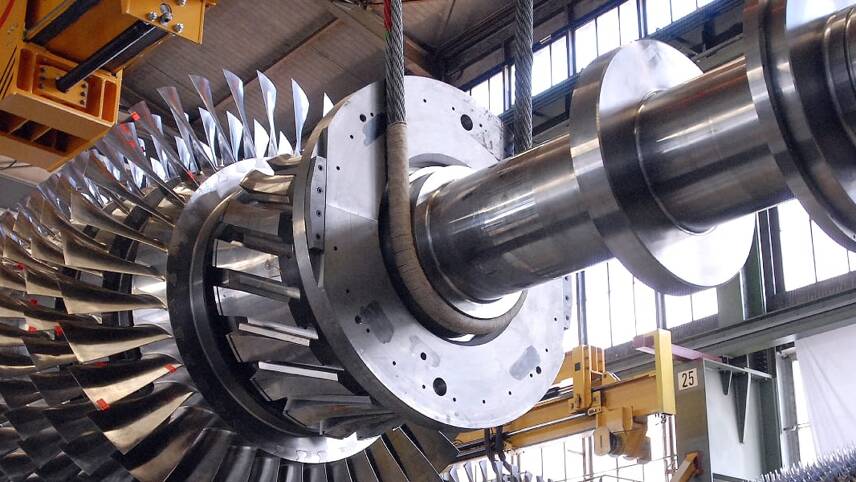Member only content free until 26/05/2024
To continue reading this article and enjoying free access to all Utility Week’s content up to the 26/05/2024 Register today!
Ready to become a member?

SSE will be unable to phase out its fleet of unabated gas-fired power plants by 2035 unless the search for low-carbon alternatives steps up a gear, the company’s head of thermal energy has admitted.
At an evidence session of the Business, Energy and Industrial Strategy (BEIS) Committee’s ongoing inquiry into power decarbonisation on Tuesday morning (22 November), MPs grilled Catherine Raw, managing director of SSE Thermal.
Quizzed on whether the company would be able to phase out its unabated gas plants by the 2035, the date that the government has set for a fully decarbonised grid, she said: “If we continue at the pace we are at today, the answer is probably no.”
Raw said that under SSE’s existing plans, two of the company’s gas plants are due to continue to operating after 2030 and the rest of the portfolio will be phased out and replaced by low-carbon alternatives.
But this timetable depends on progress on these options, like hydrogen plants and natural gas power stations fitted with carbon, capture and storage (CCS), she said: “If we don’t see that happening in the next three to four years, we will have to make decisions on whether to extend the life of our existing fleet.
“We are at a critical juncture about whether we can pick up the pace and accelerate in order to invest in those low-carbon alternatives so that they can come online in 2027, 2028 and 2029.”
Raw also said the government’s enthusiasm for nuclear power doesn’t address the “key issue” of how to deliver flexible power when needed in an increasingly intermittent energy system as renewable power becomes more important.
Pressed on the government’s introduction of a windfall tax on low-carbon electricity generation, she said it feels “slightly counterintuitive” to offer investment allowances to oil and gas producers that are not available for renewable developers.
“It is interesting that effectively investment by oil and gas companies is favoured to investment by renewables companies.”
The committee also heard calls for the government to resume work on passing the Energy Security Bill (ESB), which was shelved by Liz Truss during her short spell as prime minister, and includes powers designed to get CCS and hydrogen off the ground.
Olivia Powis, head of UK Office at The Carbon Capture and Storage Association, told the committee that the UK can keep “on track” with CCS but must “move quickly”.
The bill needs to come back “very soon” to signal to the supply chain that the government is committed to CCS and hydrogen, she said.
Many other countries, like the US and Canada, are moving forward on CCS, Powis added: “The UK is in danger of falling behind if we don’t get these last pieces of the puzzle.”




Please login or Register to leave a comment.